Our staff often hear from aspiring agents ready to launch careers in the robust Georgia real estate market. But they are debating whether to complete the pre-licensing course online. They usually ask us how effective the online class is, how long it takes, and what it’s like.
We’re delighted to help by offering expert insight gained from long-standing experience providing real estate education. And we describe what they can expect when taking the class through the Ben Farmer School of Real Estate.
We’re delighted to help by offering expert insight gained from long-standing experience providing real estate education. And we describe what they can expect when taking the class through the Ben Farmer School of Real Estate.
That got us thinking it would be helpful to share this info with others who wonder the same things.

So, here goes:
1 – You won't sacrifice the quality of your pre-licensing education.
Think about it this way: It's the delivery format that differs from classroom courses, not the content quality. You'll get the flexibility to study at your own speed, whenever you like, and even on the go. And you'll also have the benefit of learning timely material that more than meets the state's requirement for pre-licensing education. Our online course is 100-percent state-approved by the Georgia Real Estate Commission.

2 – The content helps you pass the exam.
At the end of the day, if you don't pass the exam, you won't get your real estate license. And you must have gained the relevant knowledge to succeed on the test. You can gauge the effectiveness of a pre-licensing course by how well its students do on the exam. And we're exceptionally proud to say that our students rank among those in Georgia with an above average pass rate.
At the end of the day, if you don't pass the exam, you won't get your real estate license. And you must have gained the relevant knowledge to succeed on the test. You can gauge the effectiveness of a pre-licensing course by how well its students do on the exam. And we're exceptionally proud to say that our students rank among those in Georgia with an above average pass rate.

3 – The course format makes it easy to learn.
It can really be helpful to see and hear information as well as read it. And this course delivers the content in a format that keeps you engaged. There's a mix of text and videos. Also, the material is presented in bite-size chunks, which makes it easier to digest and remember. There are short paragraphs and then multiple choice questions throughout the course.

4 – The intuitive delivery platform helps with memorization and recall.
A big part of studying to become a real estate agent involves memorizing material, especially key vocabulary words. You get help there from the learning platform, which keeps track of areas you need to work on and prompts you through strategic repetition. For example, if you miss questions in a quiz, that information is automatically repeated later in a different way to help you retain it. We like to say " It kind of drills it in your head what you need to know."
A big part of studying to become a real estate agent involves memorizing material, especially key vocabulary words. You get help there from the learning platform, which keeps track of areas you need to work on and prompts you through strategic repetition. For example, if you miss questions in a quiz, that information is automatically repeated later in a different way to help you retain it. We like to say " It kind of drills it in your head what you need to know."

5 - Supplemental materials enhance course effectiveness.
In addition to the 75-hour course, you can choose among packages enhanced with extra study materials. Some exercises illustrate real-life scenarios. An additional math program helps you master real estate calculations that you'll see on the exam. Premium exam prep tools get you more than ready for the test. And a textbook is a bonus resource that reinforces learning.
In addition to the 75-hour course, you can choose among packages enhanced with extra study materials. Some exercises illustrate real-life scenarios. An additional math program helps you master real estate calculations that you'll see on the exam. Premium exam prep tools get you more than ready for the test. And a textbook is a bonus resource that reinforces learning.

6 – You have access to a strong support system.
You won't have to fend for yourself should questions or issues arise. You'll have instructor support on the course content. Unlimited support is available for any technical issues. And of course, our school is a big part of your support system. We couple exceptional customer service with our in-depth real estate knowledge and are readily available online and by phone.
6 – You have access to a strong support system.
You won't have to fend for yourself should questions or issues arise. You'll have instructor support on the course content. Unlimited support is available for any technical issues. And of course, our school is a big part of your support system. We couple exceptional customer service with our in-depth real estate knowledge and are readily available online and by phone.

7 – You can finish the course in relatively short order.
Our students tell us that the sweet spot for completing the course and having a quality learning experience is 10-12 weeks. That's long enough to study at a manageable pace, yet short enough that the material is still fresh in your mind. But if you can't finish in that time frame, no worries. You have six months to complete the course if you need it.
Have other questions? Don’t hesitate to contact us. Ready to enroll? It’s quick and easy to do so. And we would love to welcome you as a student and be a part of preparing you for your new career. And right now is an excellent time to launch it!
















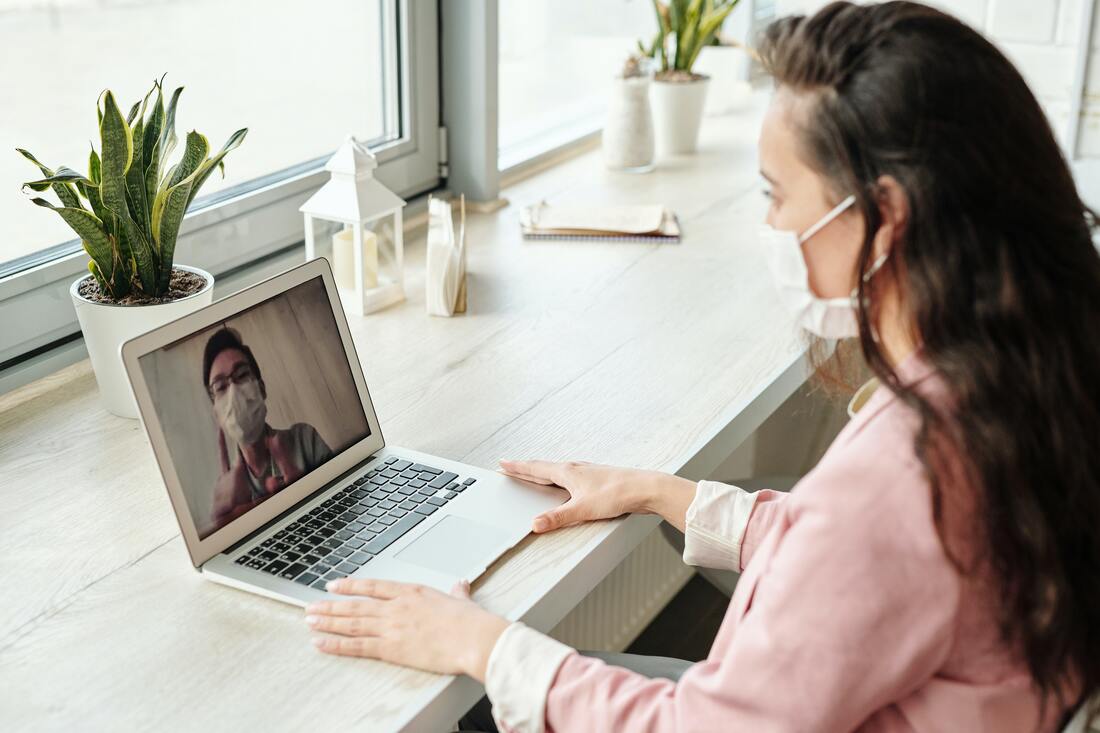













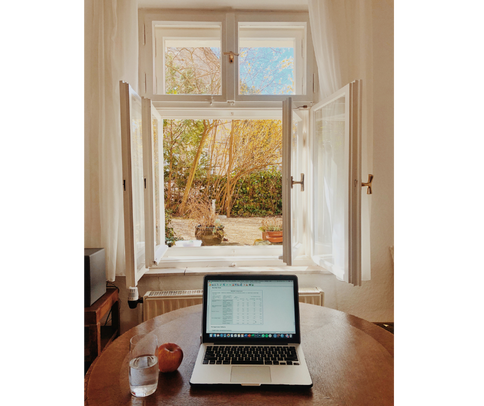





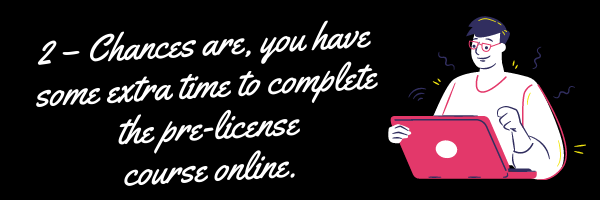

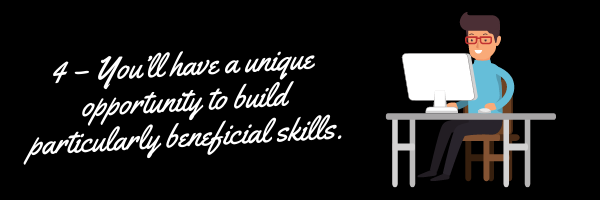
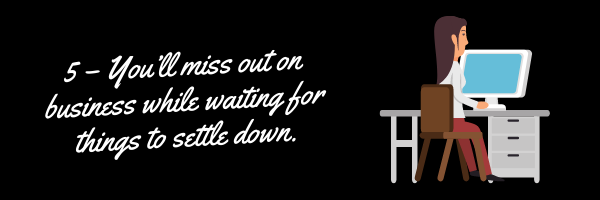
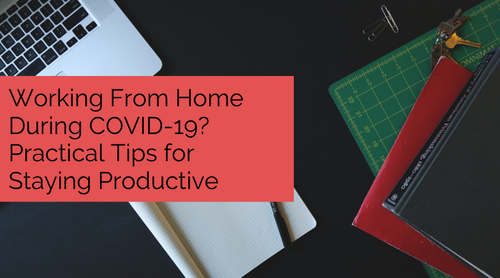
















 RSS Feed
RSS Feed

